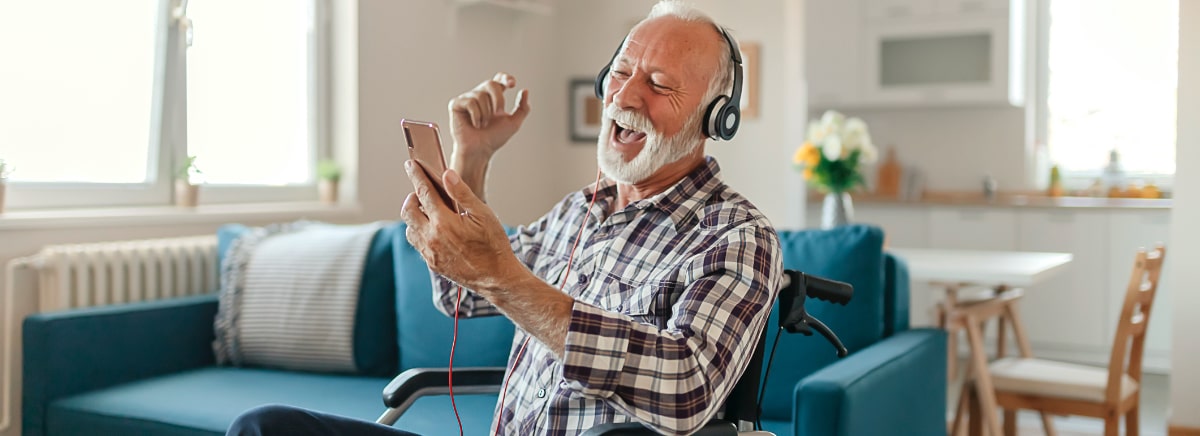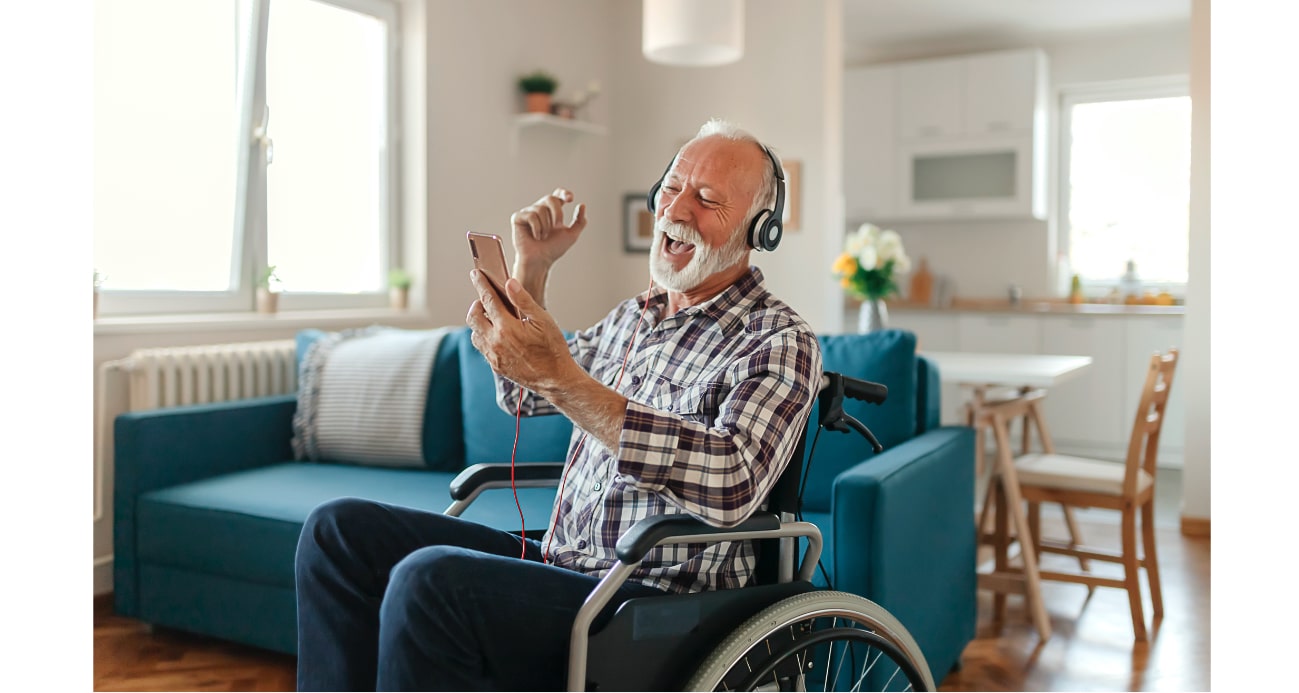It’s easy to forget about feet. For the most part, they stay covered up and don’t cause a lot of serious health concerns. But your parent’s feet are also her main mode of transportation! They get her from here to there, take her to the store, out to visit friends or a stroll in the garden. If your elderly parent’s feet are starting to give her pain or problems, it’s best to address it as quickly as you can to help her to feel better and be able to move around without pain or discomfort.
While most of these are not dangerous health concerns, here are some common foot issues in elderly that may be affecting your parent.
Corns and callouses. Corns and callouses are thickened patches of dead skin that form to protect sensitive areas. Ill-fitting shoes or a constant rubbing in one area of the foot may cause them. The problems with corns and callouses is that they can often have dry skin that cracks, causing pain and possible infection. Some strong lotion might provide relief if applied by your parent, yourself or an elderly care provider.
Structural changes. As your parent ages, the fat pads on the bottom of her feet get thinner, which may lead to pain with each step as well as less support for the arch. It’s not uncommon for Achilles tendonitis and pinched nerves to develop as the foot ages. If these are issues, you and your parent can do some shopping for more supportive shoes to help alleviate the pain.
Bunions. Bunions are painful, bony bumps that develop slowly on the outside of the big toe joint. If you notice her limping or perhaps favoring one foot over the other, have her check for big toe and the toe next to it to see if there is an issue. If your parent has trouble bending over to see her toes, either yourself or your elderly care provider can do the first visual check on how her feet are looking.
Heel pain. Pain at the back of the foot might be caused by heel spurs – bony growths that develop along the heel bone – or plantar fasciitis – inflammation of the ligament that runs along the bottom of the foot. Both of these can make getting out of bed painful in the morning and bother your parent throughout the day.
Hammertoes. This condition is a deformity that happens when one of the toe muscles becomes weak and puts pressure on the toe’s tendons and joints. This pressure forces the toe to become misshapen and stick up at the joint, thus kind of looking like a hammer. This can make wearing shoes very uncomfortable.
Arthritis. The foot has 33 joints in it! Because there are so many, osteoarthritis can become a source of constant pain and cause your aging parent to want to walk less, which can lead to other help complications.
Diabetes-related foot problems. If your aging parent has diabetes, consistent care of her feet is especially important. Diabetics have a higher rate of vascular issues that can lead to major foot problems that could eventually require amputation. Have your elderly care provider do routine exams of your parent’s feet or plan doctor visits. Remind your parent to call attention to any changes in her skin around her feet.
Fungal infections, ingrown toenails and other toenail issues. Fungus may occur when the feet are constantly damp, and can lead to painful and unsightly infections of the toenails and between the toes. Toenails can also start to grow at odd angles, leading to ingrown toenails that can be extremely painful and require surgery to correct. Proper care of toenails is vital to good toenail health. And if a fungus occurs, a quick visit to the doctor for an antifungal should clear it up.
Source: https://health.usnews.com/health-care/patient-advice/articles/2019-01-16/why-foot-care-is-critical-for-seniors
If you or an aging loved one is considering elderly care in Highlands Ranch, CO, please contact the caring staff at SYNERGY HomeCare today at 303-953-9924.

